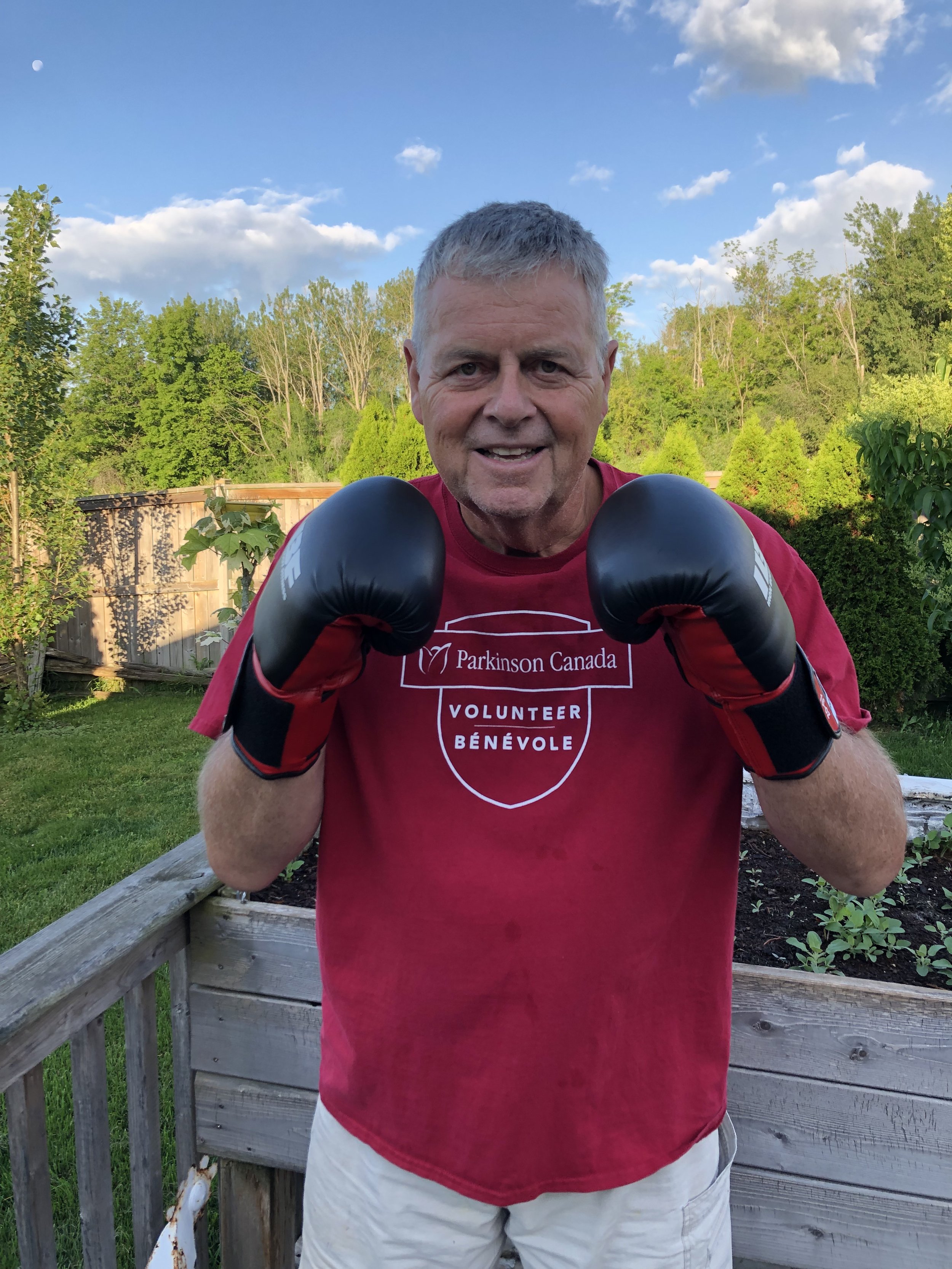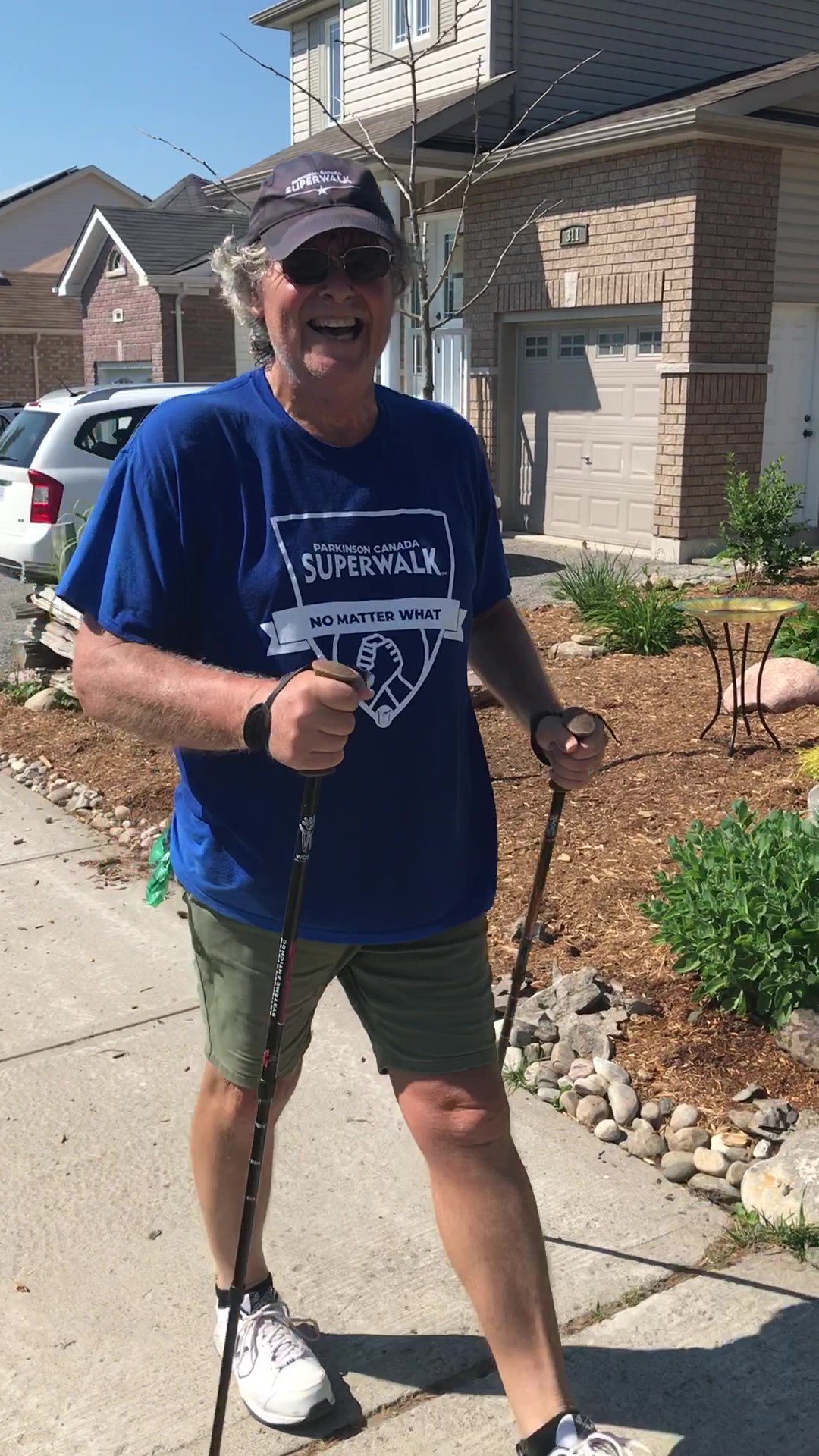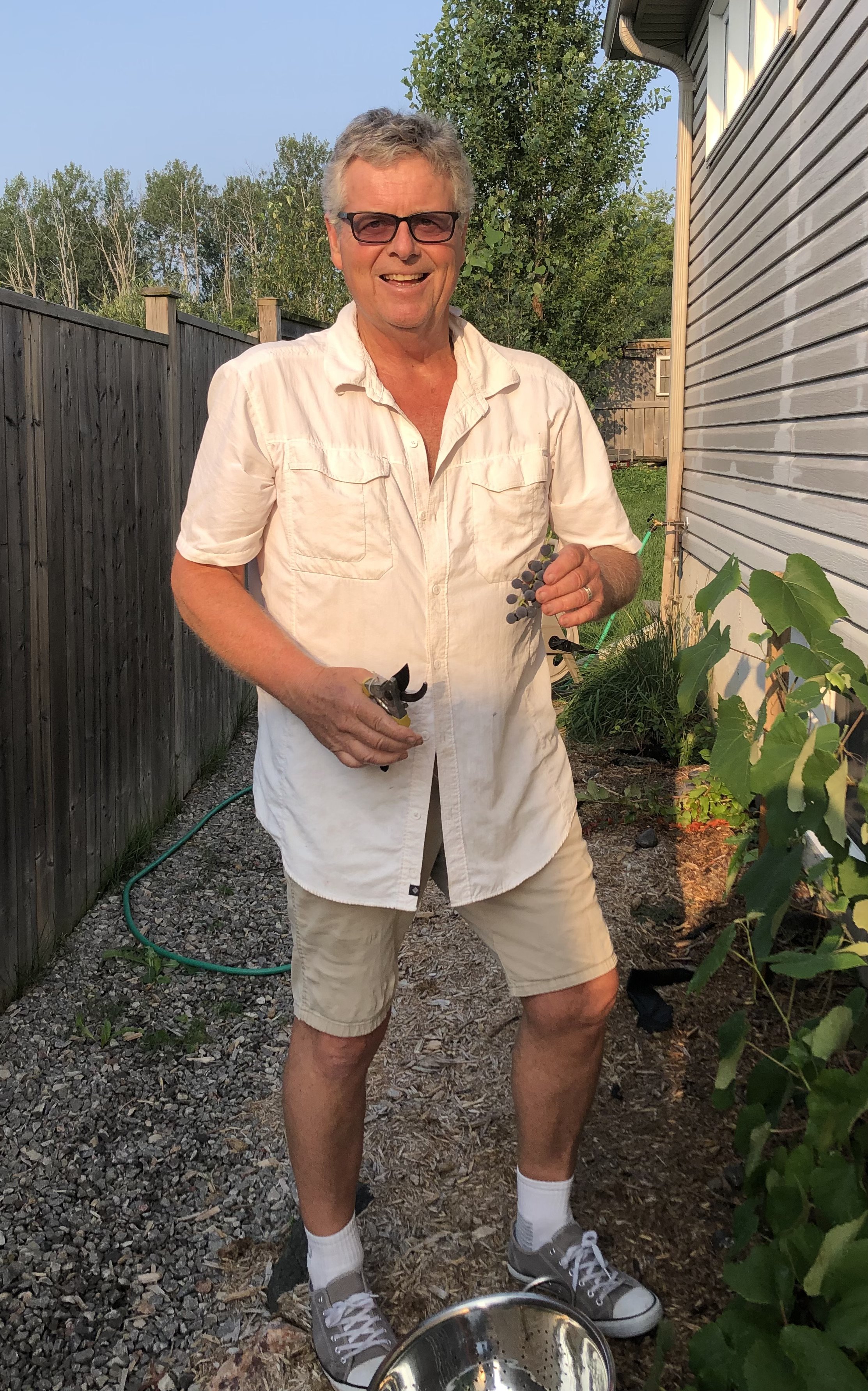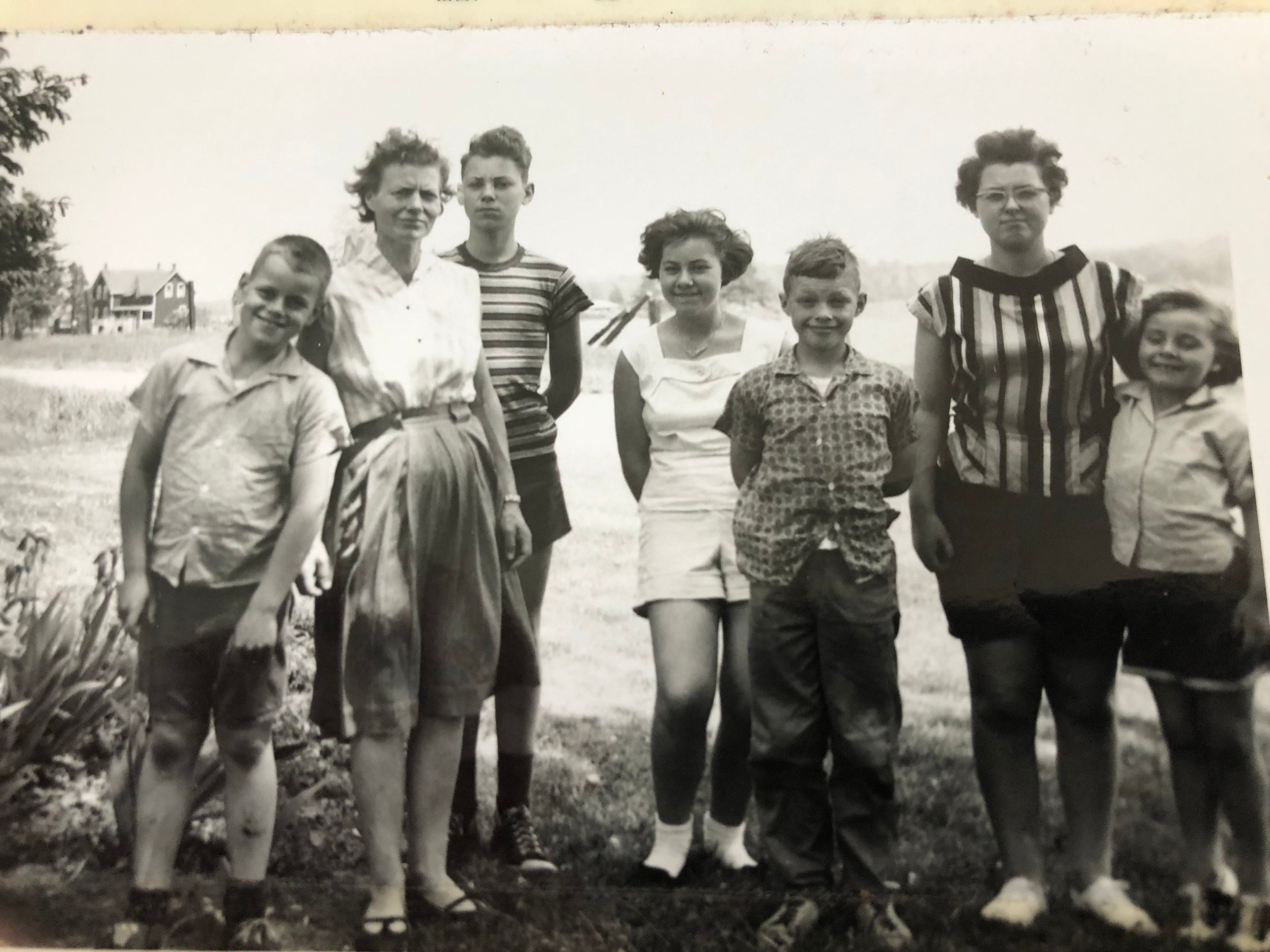Excerpt from Grab the Spark:
Coming up to my 10-year anniversary of a diagnosis of Parkinson’s Disease (PD), I have had many tough days but also quite a few good days. These have allowed me to feel accomplished in my volunteer roles and continue to enjoy an honourable quality of life. What I didn’t expect was the odd “Spark” of creativity that allowed me to problem solve in some awkward situations, create, and carry through with new concepts, stir up activity and set off in a burst of high energy activity (sometimes welcomed and sometimes not).
Having enjoyed executive level positions as Chief Executive Officer/President, Chief Administrative Officer for the last 10 years of my career, I was used to a high level of activity. But with my diagnosis, my career took a slide as well as my health. It wasn’t until well into my honeymoon stage that my sparks began to fly. My 1,000,000 Step SuperWalk campaign, negotiating for Parkinson’s Peterborough Chapter with Parkinson’s Canada (PC), creating the Trent University Partnership, working on Every Victory Counts Canadian edition, my Roundtable Report, a new hobby of poetry and finally putting all that I can into this book including my Self-Management Model.
I was watching the YouTube video about Robin Williams’ tragic suicide (2014). At first, he was thought to have been suffering from PD but was later confirmed to be Lewy Bodies syndrome, a similar illness as per outward symptoms and only differentiated by an autopsy post-mortem. Not that I am famous in any way like Williams, but we have battled a few of the same afflictions or demons in our life journey. Oh, did I mention, I was and still am a big fan of his work!
I just read about Alan Alda’s final fight at 86 years old. He was recently diagnosed with Parkinson’s and offers his story as encouragement to others to get active and fight this disease
Quoting from the article:
“It can get really bad, but your life isn’t over …. I decided to let people know I have Parkinson’s to encourage others to take action, keep moving!”
Alan Alda, National Examiner March 21,2022
Two big stars, two very different stories! What will your story be? I have compiled my stories of incidents and circumstances that may have led to the PD diagnosis, how the diagnosis impacted my life and what I have done to live well with Parkinson’s.
For every disease or malady there seems to be a stigma attached which prevents open discussion about our lives, our health and how we got this way. As I have been retired for a few years, there seems to be little benefit or concern about being fully out about my current and past health struggles. Perhaps it would benefit others to know that my shakes and balance issues are not caused by alcohol or drugs but rather they will be my ‘off’ times when my Parkinson’s medications are not quite managing my symptoms due to fatigue or stress.
I hope that you will feel free to identify but not necessarily compare my story with yours and take what you like and leave the rest as the book won’t disappear off your shelf. Just go back to it at another time when other sections seem to apply.
Photos from the book:
Excript from Chapter 15:
A Self-Management Model
If we could just visualize on one chart where we are on 12 critical areas, we could capture 80% of our attitudes, values (Being) and thoughts, actions (Doing) as a reasonable measurement of where we are and even what direction we are headed. The Twelve Critical Areas, I think would be useful were taken from Every Victory Counts manual, produced by the Davis Phinney Foundation (DPF) as a guide for living well with Parkinson’s on a daily basis. I have turned these 12 critical areas into a basic Self-Management Model to be fully described in the next section using my history as an example of how it helped me.
These include the following:
1. Physical – your physical fitness level, nutritional practices, exercise program, weight stabilization program etc.
2. Mental – your mental health/stability, dealing with your PD diagnosis and any mental reactions to medication or cognitive decline.
3. Emotional – level of acceptance, reasonable emotional responses to what is happening in your new condition.
4. Environment – make sure you are no longer exposed to pesticides, industrial pollutants or heavy metals that may further accelerate your PD.
5. Motor Skills - how is fitness and regular exercise become a given in your daily routine to benefit your mobility and general outlook.
6. Non-motor Skills – Recognize your autonomic (internal organ functioning) and cognitive symptoms and look for ways to manage these.
7. Energy & Fatigue – Finding ways to pace yourself and increase energy levels to meet your lifestyle demands
8. Medication & Pain – Find a healthy and safe way of dealing with pain from PD symptoms and side effects of meds or other injuries & illnesses.
9. “Out” – To be out of the closet as per your diagnosis to family, friends, and community at large.
10. Awareness – accepted responsibility for your education about PD and what you can do for yourself and others in the same boat.
11. Team – Working with a health team that will communicate and cross check your progressive treatment through the years.
12. Action – What could you do for yourself, your local support group, volunteer opportunities and national organizations for the common good.












